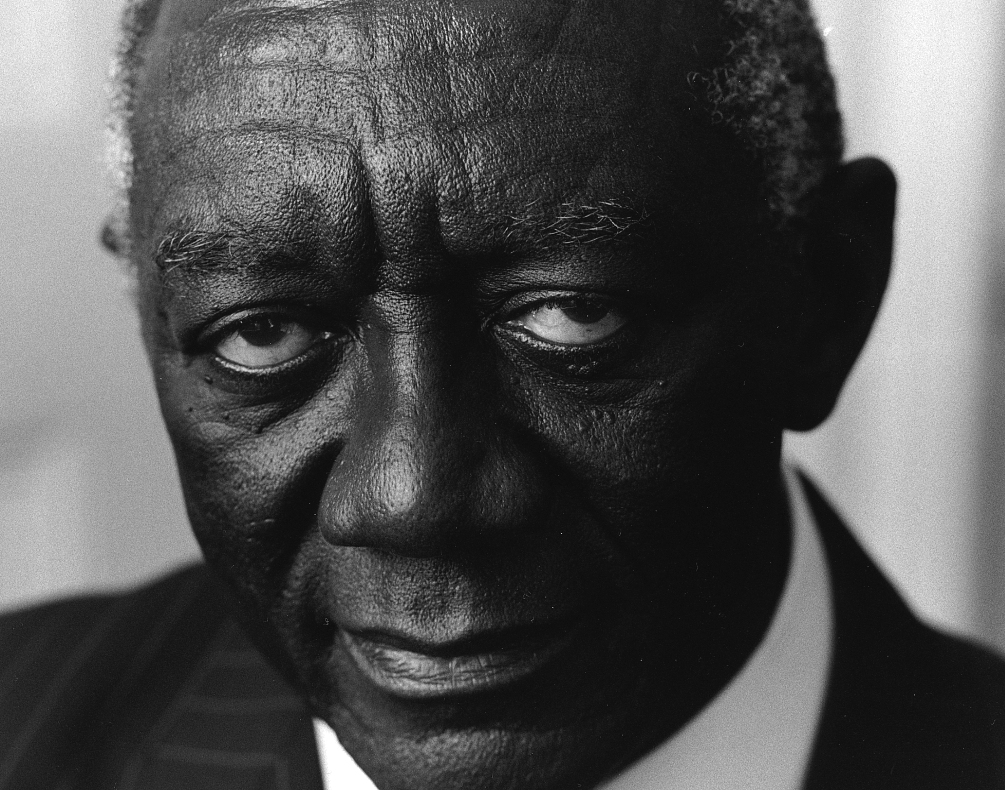Africa must create hydro power – Ex President J.A Kufuor
- Posted on
- Comment
Former President John Agyekum Kufuor has said African states should take urgent steps to develop the Grand Inga Hydroelectric Project on the Congo River in the Democratic Republic of Congo to generate environmentally friendly but cheap and sustained power.
He said Africa, under the auspices of the New Partnership for Africa’s Development (NEPAD), should team up with the international community to develop the Inga Project which, at an estimated cost of $80 billion, is seen as the world’s largest proposed hydroelectric scheme.
Projected to produce 40,000 megawatts of electricity, the former President said the Inga Project is seen as a catalyst for an “unprecedented era of industrialization in Africa and even have electricity for potential export to Europe.”
Former President was speaking at the opening of an international meeting on “Energy, Environment and Investment” at Port Harcourt in Nigeria.
The three-day meeting under the theme: “Sustainable Energy, the Key to Africa’s World Integration,” is being attended by about 1,500 participants from around the world,” is chaired by the Mr Chibuike Rotimi Amaechi, Governor of Rivers State.
Among dignitaries billed to address the meeting are Former President Lech Walesa of Poland, Former Premier Jose Luis Zapatero of Spain, Mr Francois Fillon, Former Prime Minister of France and Dr. Mohammed Ibn Chambas, UN Special Envoy for Sudan.
Former President Kufuor described the Inga project as the “centerpiece of a grand vision to develop a continent-wide power system that will allow Africa’s industrial and manufacturing to take off,” adding: “this will be the greatest manifestation of Africa’s integration into the new and evolving world order of globalization.”
He said renewable energy offered strong environmental benefits, adding “Africa has tremendous water and river systems each of which should be considered a candidate for hydroelectric power development.”
Former President Kufuor urged African countries to adopt Climate Smart Agriculture polices to enable them to achieve their food security goals while adapting to the ravages of climate change.








 (Selorm) |
(Selorm) |  (Nana Kwesi)
(Nana Kwesi)